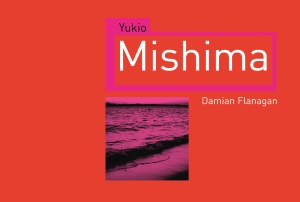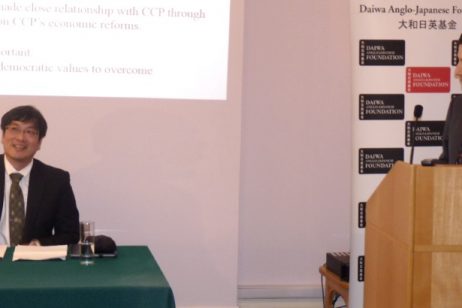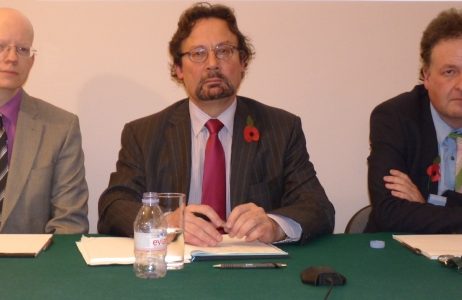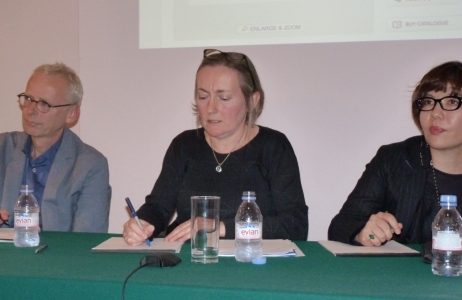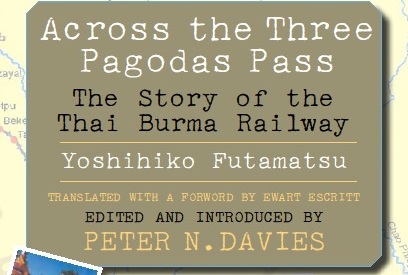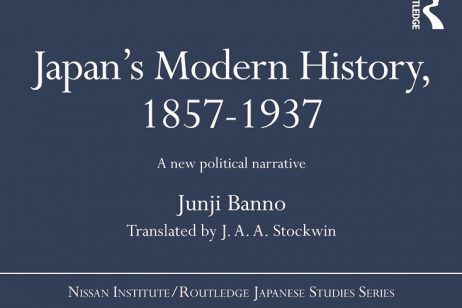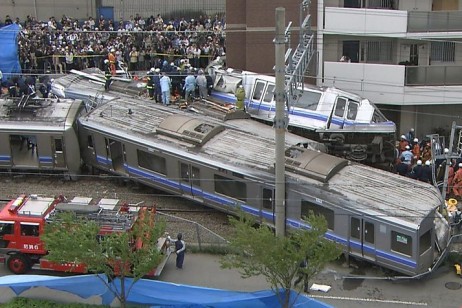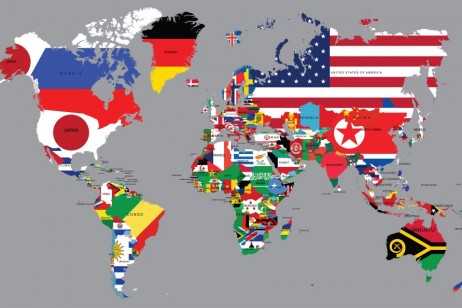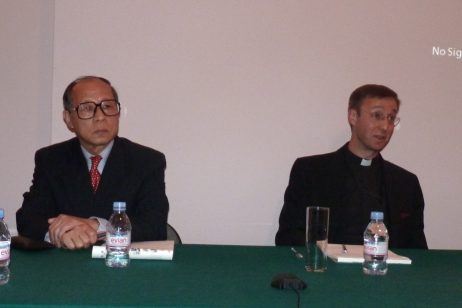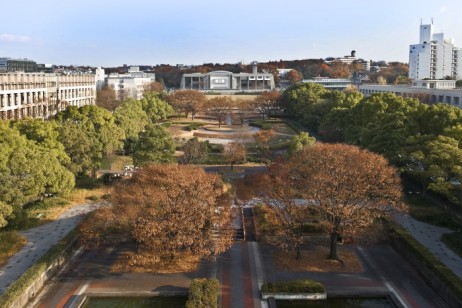11 November 2014
Yukio Mishima
Yukio Mishima was the most internationally acclaimed Japanese author of the twentieth century: prodigiously talented, dazzlingly prolific and a prime candidate for the Nobel Prize. Yet in 1970 Mishima shocked the world with a bizarre attempt at a coup d’état, which ended in his suicide by ritual disembowelment. In his radically new analysis of an extraordinary life, Damian Flanagan moves away from the stereotypical depiction of Mishima as a right-wing nationalist and aesthete and presents him as a man utterly obsessed with time – time-keeping devices and symbols – arguing that this compulsion was at the heart of the author’s literature and life.
More info